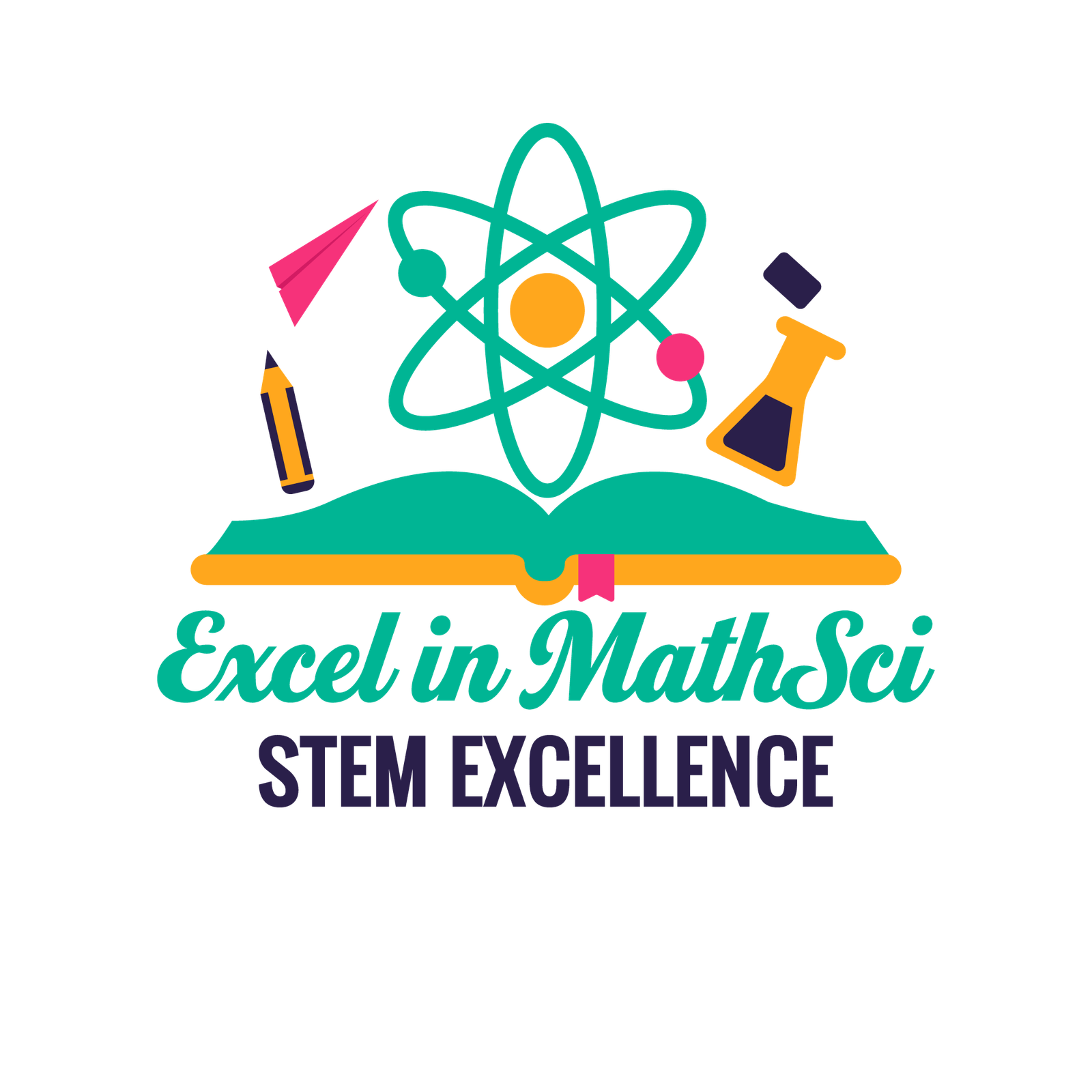WAFER ASH |
Mathematics, often referred to as the “language of the universe,” is the fundamental science that deals with the properties and relationships of numbers, quantities, shapes, and patterns. It is a subject that underlies all scientific and technological disciplines, and its principles are essential for problem-solving in various aspects of life. In this overview, we will explore key topics and concepts in mathematics:
1. Arithmetic:
- Numbers: The building blocks of mathematics, which include natural numbers, whole numbers, integers, rational numbers, and real numbers.
- Operations: Basic mathematical operations like addition, subtraction, multiplication, and division.
2. Algebra:
- Variables and Equations: Algebra introduces variables to represent unknown values and equations to express relationships between variables.
- Polynomials and Factoring: The study of algebraic expressions, their simplification, and factorization.
3. Geometry:
- Points, Lines, and Planes: Fundamental geometric concepts that lay the groundwork for the study of shapes and figures.
- Angles and Triangles: Understanding the measurement of angles and properties of triangles.
- Circles and Conic Sections: Analyzing the properties of circles, ellipses, hyperbolas, and parabolas.
- Geometric Transformations: The study of translations, rotations, reflections, and dilations.
- Coordinate Geometry: Bridging algebra and geometry by representing geometric objects using coordinates.
4. Trigonometry:
- Trigonometric Functions: The study of sine, cosine, tangent, and their relationships to angles in right triangles.
- Trigonometric Identities: Equations that relate trigonometric functions, often used in solving trigonometric equations and modeling periodic phenomena.
5. Calculus:
- Differential Calculus: Concerned with rates of change and slopes of curves. Topics include limits, derivatives, and their applications.
- Integral Calculus: Deals with the accumulation of quantities and the area under curves. Topics include integrals, Riemann sums, and the Fundamental Theorem of Calculus.
- Multivariable Calculus: Extends calculus to functions of multiple variables, incorporating concepts like partial derivatives and multiple integrals.
6. Probability and Statistics:
- Probability Theory: Examines the likelihood of events and is essential in modeling uncertainty.
- Statistics: Involves data collection, analysis, and interpretation, including concepts such as mean, median, variance, and standard deviation.
7. Linear Algebra:
- Vectors and Matrices: The study of vector spaces, linear transformations, and systems of linear equations. Linear algebra has applications in physics, engineering, and computer graphics.
8. Number Theory:
- Prime Numbers: Investigating the properties of prime and composite numbers, as well as their role in encryption and cryptography.
9. Discrete Mathematics:
- Combinatorics: The study of counting, permutations, combinations, and graph theory.
- Set Theory: Examines the properties and relationships of sets, which are fundamental to all of mathematics.
10. Mathematical Logic:
- Propositional Logic and Predicate Logic: Formal systems used to analyze and prove mathematical statements and theorems.
11. Differential Equations:
- Ordinary Differential Equations: Study equations involving derivatives, which are used to model dynamic processes.
- Partial Differential Equations: Extend differential equations to functions of multiple variables, essential in physics and engineering.
